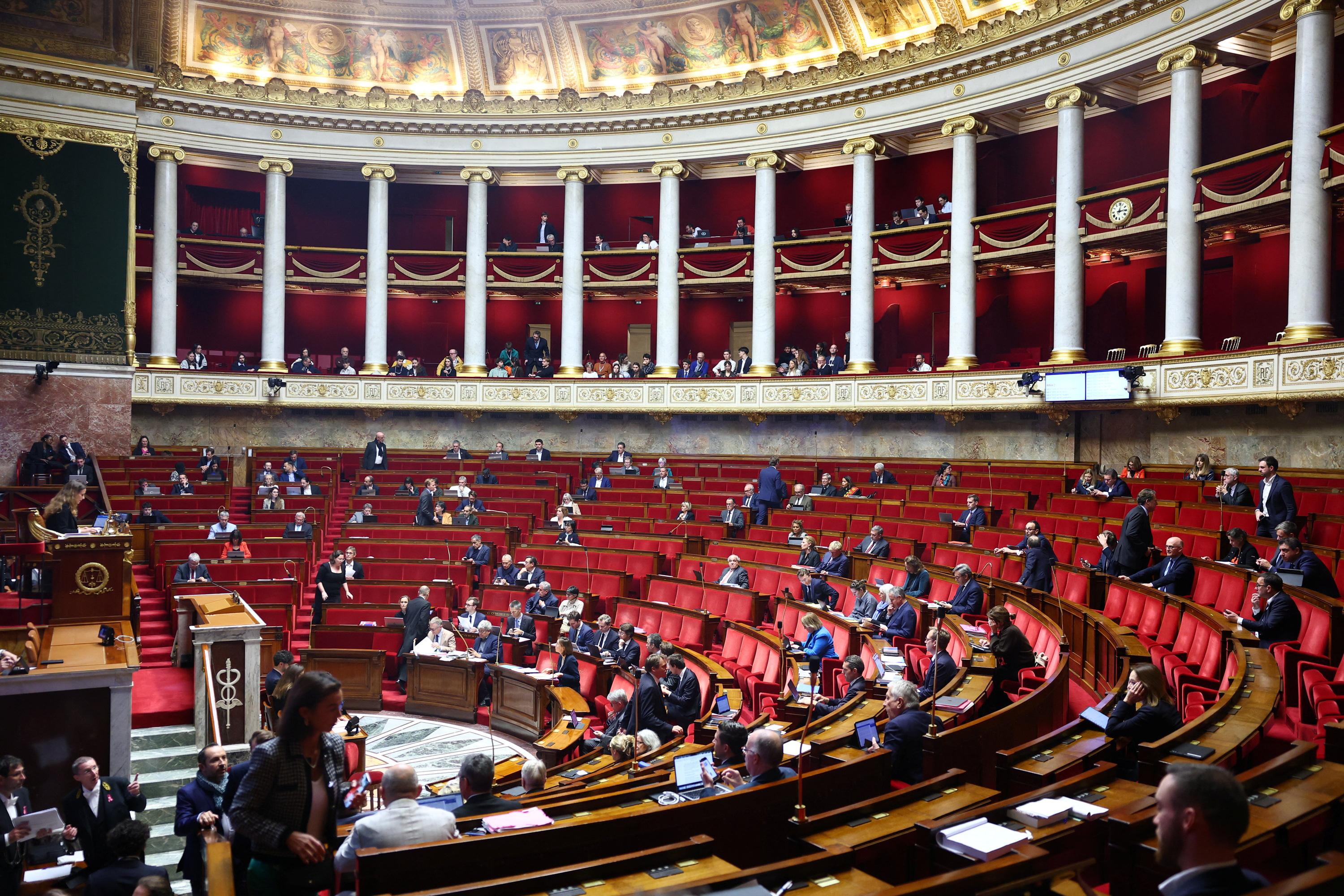French National Assembly Engulfed in Heated Debates Over 2026 Budget Strategy
The French National Assembly debates the 2026 budget amid social security reforms, industrial concerns, and political tensions.
- • Government targets a 40 billion euro budget effort in 2026 with possible 28 billion euro savings by detaching expenditures from inflation.
- • The plan to double medical deductibles in the social security budget sparks strong opposition from healthcare representatives.
- • Former Economy Minister warns of a threatened second wave of deindustrialization amid current budget discussions.
- • Socialist party stresses the importance of the PLFSS to government stability and protecting vulnerable populations.
Key details
The French National Assembly has entered an intense phase of debates as it examines the 2026 budget, particularly focusing on the social security budget (PLFSS) and the wider economic implications. The government has proposed a budget effort totaling 40 billion euros for 2026, aiming to manage expenditures by disassociating certain costs from inflation, which could save up to 28 billion euros. However, the examination faces challenges, with Philippe Juvin, rapporteur for the budget, expressing doubt about completing the review fully and suggesting that votes might only occur on revenue but not expenditures (128735).
A major point of contention is the government's plan to double medical deductibles and flat-rate contributions to the social security system. Health Minister Stéphanie Rist described this approach as a 'responsibility flat-rate' intended for cost savings. Yet, critics including patient advocates and healthcare providers warn these measures will disproportionately harm vulnerable populations. The Court of Auditors forecasts a social security deficit of 23 billion euros by 2025, underscoring financial pressures (128845).
Economic concerns extend beyond healthcare. Former Minister of Economy Bruno Le Maire has warned that current budget discussions overlook industrial matters, risking a second wave of deindustrialization. After some progress between 2017 and 2024, where 650 new factories were opened and over 150,000 industrial jobs created, current debates are viewed as threatening fiscal stability and economic resurgence. Notably, the CGT union general secretary has highlighted this as a moment of massive deindustrialization (128736).
Politically, the budget debate is fragile. Socialist deputy Jérôme Guedj emphasized the criticality of the PLFSS, warning that compromising on the bill could destabilize the government. He pointed to prior budget difficulties that led to a ministerial downfall and stressed protecting the middle and lower classes amid contentious proposed measures. Prime Minister support for unfreezing social minima has somewhat eased tensions with the Socialist Party following the rejection of the multinational tax proposal (128787, 128735).
Meanwhile, Nobel laureate economist Philippe Aghion criticized the intelligence and economic understanding of some deputies and dismissed a proposed tax on multinationals as unrealistic. He cautioned that applying such a tax only in France would create a 'fiscal prison,' prompting companies to relocate (128735). This highlights diverging views within the Assembly about balancing fiscal responsibility and economic competitiveness.
With divisions deep and key votes uncertain, the Assembly remains an "electric" environment as it wrestles with balancing social solidarity, economic growth, and fiscal discipline in the 2026 budget.
This article was translated and synthesized from French sources, providing English-speaking readers with local perspectives.
Source articles (5)
Source comparison
Latest news
French Economy Minister Calls for Full Insurance Industry Mobilization Amid Devastating Storm Floods
France Boosts Social and Solidarity Economy with New Tools and Potential Tax Reforms in 2026
Saint-Nazaire Mayor Condemns Vandalism of Two Political Offices as Attack on Democracy
Severe Flooding Continues Across Southwest France Amid Ongoing Emergency Measures
Rise in Extreme Right-Wing Political Violence Shakes France Since 2022
2026 French Municipal Elections and Local Debates Reveal National Political Stakes
The top news stories in France
Delivered straight to your inbox each morning.



